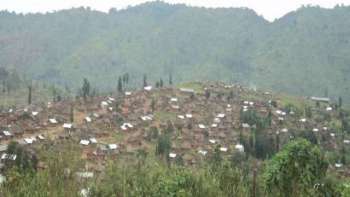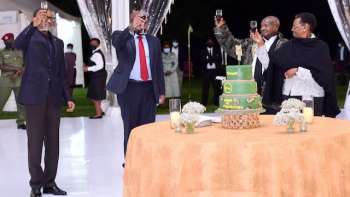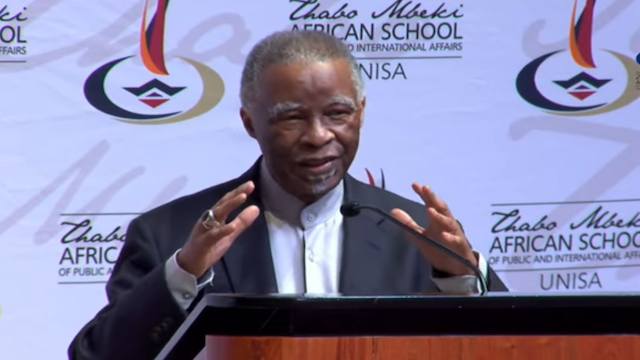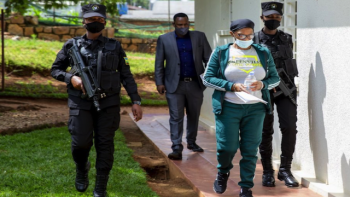The Supreme Court of Kenya has made history in Africa, by a ruling which annulled the declaration of President Uhuru Kenyatta as the winner of the 2017 presidential election. With the ruling, which ordered a fresh election, Kenyans will go back to the polls in 60 days to elect a president.
The September 1, 2017 ruling, in Africa, where dictators have been squashing democracy, imprisoning or killing opposition leaders and changing constitutions to remain in power is a major victory for the Kenya people and a historical miletone in Kenya and Africa.
The Supreme Court's majority decision confirmed opposition claims that the Independent Electoral and Boundaries Commission conducted a rigged election, contrary to the provisions of the Constitution of Kenya and the Elections Act. The opposition leaders, led by Raila Odinga and Kalonzo Musyoka filed a petition on August 18, 2017, accusing by President Kenyatta. They named the Independent Electoral and Boundaries Commission chairperson Wafula Chebukati as being responsible for irregularities. Both denied the accusations.
However, the Supreme Court ruling sided with the opposition. In the ruling, the Supreme Court supported the petition by the opposition which cited multiple irregularities and illegalities, including a flawed capture and transmission of the results, misuse of state funds by allowing and or encouraging state officials such as Principal Secretaries to illegally campaign for President Uhuru Kenyatta, the publication of the results before due verification as required by law, and a potential computer system hacking with some of forms displayed by the Independent Electoral and Boundaries Commission online portal appearing forgeries.
The Kenyan Supreme Court has taught African dictatirs a real lesson. In fact, a new era may have opened in which the judiciary branches of the Governments, represented by the Supreme Court, has shown that it can be independent and therefore a true guardian of democracy. It may be a reaffirmation that Africans may be on the path to have institutions where the Executive, the Legislature, and the Judiciary,branches of the government may be ready to play their role.
The reaction by the two main opponents, Mr Raila Odinga, 72, and President Uhuru Kenyatta was quick to come. Mr Raila Odinga said that the ruling marked "a historic day for the people of Kenya and by extension for the people of the continent of Africa ... It is now clear that the entire [electoral commission] is rotten... It is clear that the real election results were never shared with Kenyans. Someone must take responsibility."
President Uhuru Kenyatta's reaction appeared bitter, when he called Supreme Court judges who supported the ruling as "crooks" (wakora, in Kiswahili), but appeared for calm.
The Kenyan Supreme Court is expected to give its full judgement and arguments behind its decision within 21 days. The Kenyan people and institutions may have set a historical example, that would hopefully soon expand to Uganda, Rwanda, Democratic Republic of the Congo, Cameroon, Republic of Congo, Equatorial Guinea, and Zimbabwe.

















